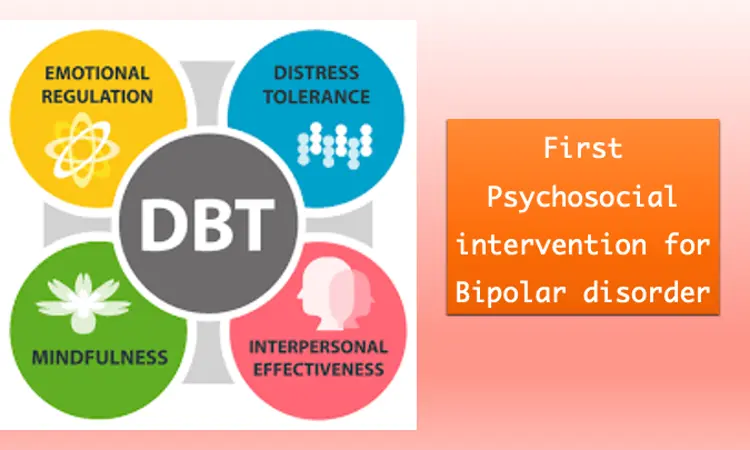- Home
- Medical news & Guidelines
- Anesthesiology
- Cardiology and CTVS
- Critical Care
- Dentistry
- Dermatology
- Diabetes and Endocrinology
- ENT
- Gastroenterology
- Medicine
- Nephrology
- Neurology
- Obstretics-Gynaecology
- Oncology
- Ophthalmology
- Orthopaedics
- Pediatrics-Neonatology
- Psychiatry
- Pulmonology
- Radiology
- Surgery
- Urology
- Laboratory Medicine
- Diet
- Nursing
- Paramedical
- Physiotherapy
- Health news
- Fact Check
- Bone Health Fact Check
- Brain Health Fact Check
- Cancer Related Fact Check
- Child Care Fact Check
- Dental and oral health fact check
- Diabetes and metabolic health fact check
- Diet and Nutrition Fact Check
- Eye and ENT Care Fact Check
- Fitness fact check
- Gut health fact check
- Heart health fact check
- Kidney health fact check
- Medical education fact check
- Men's health fact check
- Respiratory fact check
- Skin and hair care fact check
- Vaccine and Immunization fact check
- Women's health fact check
- AYUSH
- State News
- Andaman and Nicobar Islands
- Andhra Pradesh
- Arunachal Pradesh
- Assam
- Bihar
- Chandigarh
- Chattisgarh
- Dadra and Nagar Haveli
- Daman and Diu
- Delhi
- Goa
- Gujarat
- Haryana
- Himachal Pradesh
- Jammu & Kashmir
- Jharkhand
- Karnataka
- Kerala
- Ladakh
- Lakshadweep
- Madhya Pradesh
- Maharashtra
- Manipur
- Meghalaya
- Mizoram
- Nagaland
- Odisha
- Puducherry
- Punjab
- Rajasthan
- Sikkim
- Tamil Nadu
- Telangana
- Tripura
- Uttar Pradesh
- Uttrakhand
- West Bengal
- Medical Education
- Industry
Dialectical behaviour therapy effective for managing suicidal tendency in bipolar disorder:JAMA study

Early-onset bipolar disorder conveys substantial risk for suicide. No psychosocial intervention for this population expressly targets suicidal behavior. The novel findings from a recently published trial in JAMA Psychiatry journal have shown effectiveness of Dialectical behavior therapy (DBT) as the first psychosocial intervention with demonstrated effects on suicidal behavior for adolescents with bipolar spectrum disorder.
To determine whether dialectical behavior therapy (DBT) for adolescents with bipolar spectrum disorder is more effective than standard of care (SOC) psychotherapy in decreasing suicide attempts over 1 year, authors Goldstein et al randomized 100 adolescents with bipolar spectrum disorder to receive either 1 year of DBT or SOC.
All youth received medication management via a flexible algorithm. Primary outcomes included suicide attempts over 1 year and mood symptoms and states (depression and hypomania/mania). Secondary analyses included moderation of DBT effects by history of suicide attempt and mediation through emotion dysregulation.
The study found that:
1. Both treatment groups demonstrated significant and similar improvement in mood symptoms and episodes over 1 year.
2. DBT and SOC participants reported similar suicide attempt rates at intake as measured on the Adolescent Longitudinal Follow-Up Evaluation.
3. DBT participants reported significantly fewer suicide attempts over follow-up compared with SOC participants
4. Decreased rate of suicide attempts in DBT was moderated by presence of lifetime history of suicide attempt and time and mediated by improvement in emotion dysregulation, particularly for those with high baseline emotion dysregulation.
To summarise, youth who received 1 year of DBT had fewer suicide attempts over 1 year. The groups displayed similar improvement in depression and hypomania and mania. These findings support DBT as the first psychosocial intervention with demonstrated effects on suicidal behavior for adolescents with bipolar spectrum disorder.
Source: JAMA Psychiatry: doi:10.1001/jamapsychiatry.2023.3399
M.B.B.S, M.D. Psychiatry
M.B.B.S, M.D. Psychiatry (Teerthanker Mahavir University, U.P.) Currently working as Senior Resident in Department of Psychiatry, Institute of Human Behaviour and Allied Sciences (IHBAS) Dilshad Garden, New Delhi. Actively involved in various research activities of the department.
Dr Kamal Kant Kohli-MBBS, DTCD- a chest specialist with more than 30 years of practice and a flair for writing clinical articles, Dr Kamal Kant Kohli joined Medical Dialogues as a Chief Editor of Medical News. Besides writing articles, as an editor, he proofreads and verifies all the medical content published on Medical Dialogues including those coming from journals, studies,medical conferences,guidelines etc. Email: drkohli@medicaldialogues.in. Contact no. 011-43720751


